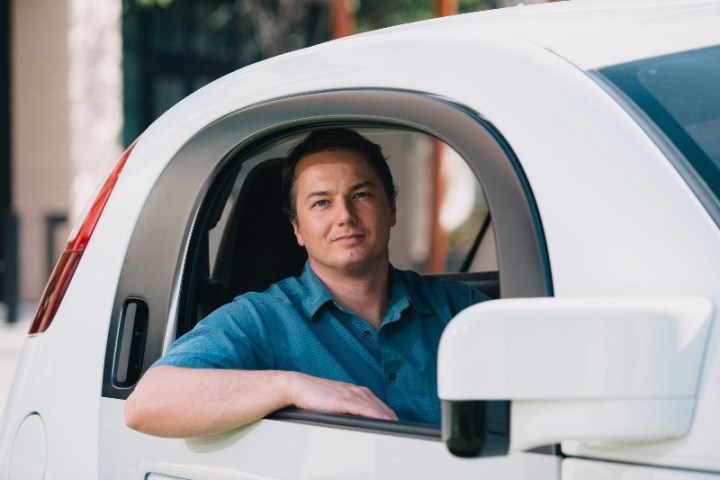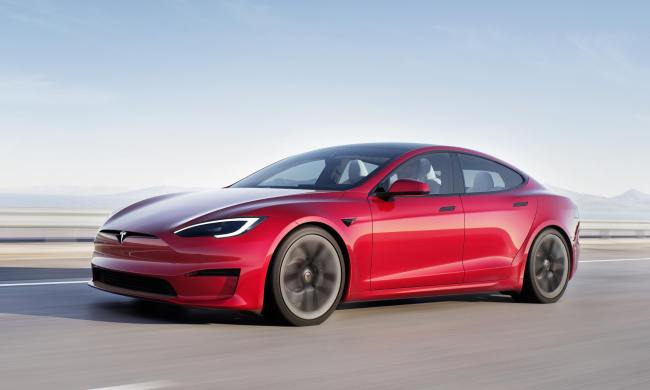
Chris Urmson, who joined the project in 2009 and later replaced Google X founder Sebastian Thrun as the team’s director in 2013, said in a post on Medium that “now, 1.8 million miles of autonomous driving later,” the time is right to “step down and find my next adventure.”
“Today will be my last day on the project as CTO,” he wrote. “After leading our cars through the human equivalent of 150 years of driving and helping our project make the leap from pure research to developing a product that we hope someday anyone will be able to use, I am ready for a fresh challenge.”
According to the New York Times, Google’s X Labs division has been under “increasing pressure to show at some point the company can expect a financial windfall from its projects.”
While it has pioneered the technology that has allowed for advancements in the industry, the self-driving car project has fallen under that category, and commercial success isn’t expected for several years.
The Times also reported that Urmson has been “unhappy with the direction of the car project under [new CEO John Krafcik’s] leadership and quarreled privately several months ago with Larry Page over where it was headed, according to two former Google employees.”
A Google spokesperson declined to comment to the Times, and Urmson also disputed the reason for his leave.
The Times also reported that Urmson had taken the summer off and decided to leave the company only recently, informing colleagues of his planned departure on Thursday.
Urmson closed out his Medium post with a vote of confidence for the team he was leaving behind.
“There are many other problems or products this talented group of people could work on, but they’ve chosen self-driving cars because they understand the impact their work can have on making our roads safer and bringing everyday destinations within reach for millions of people,” he wrote. “I will be cheering along and following their progress.”


